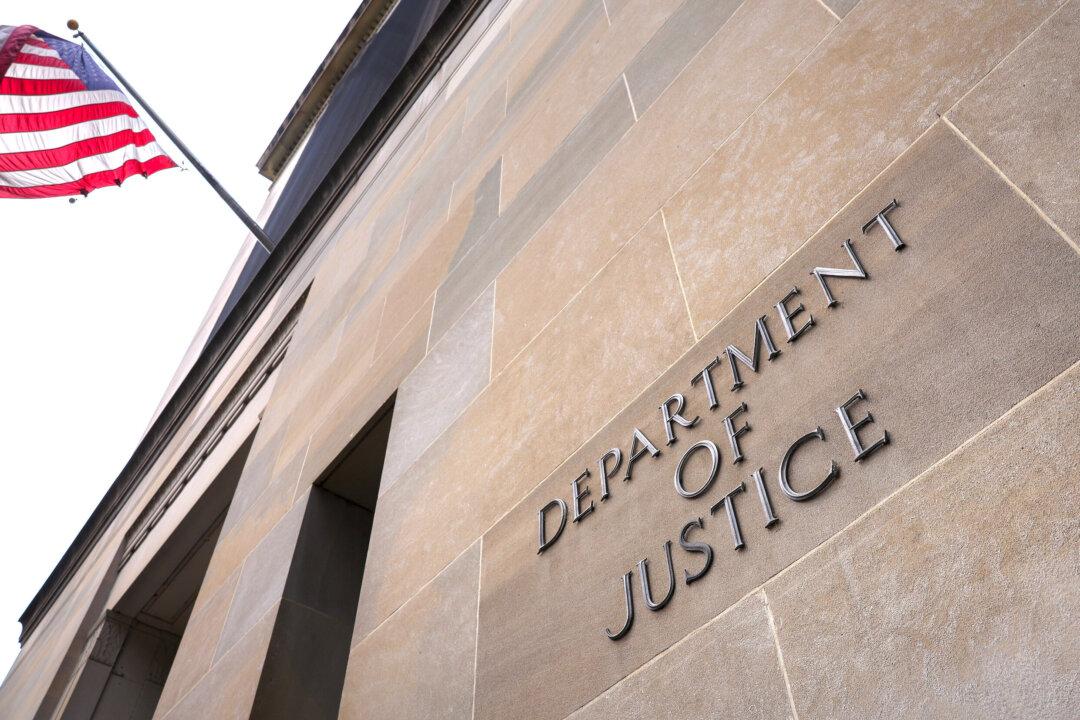The University of Maryland (UMD) will pay the federal government $500,000 after its researchers allegedly failed to disclose funding from Chinese tech giants on their proposals for federal research grants.
The settlement resolves allegations involving three faculty members at UMD’s flagship College Park campus, the U.S. Department of Justice said in a July 16 press release.





